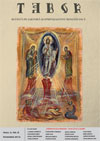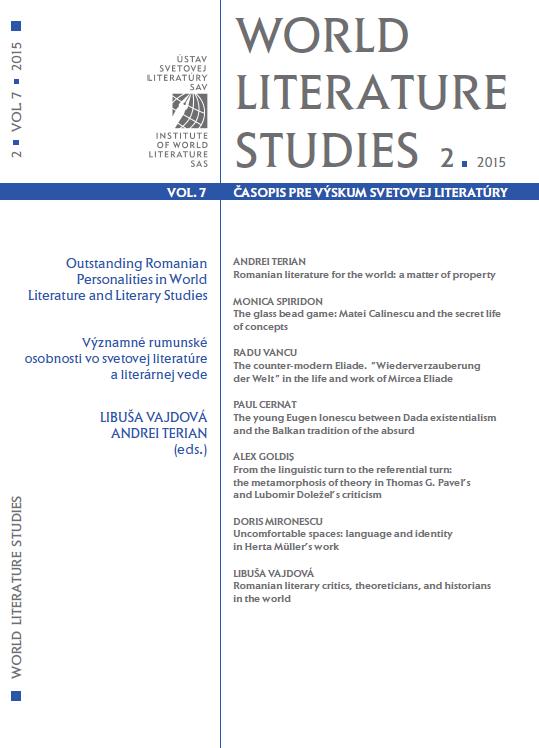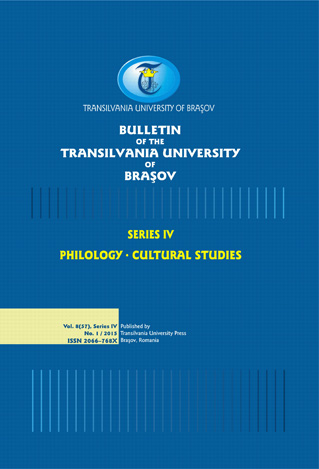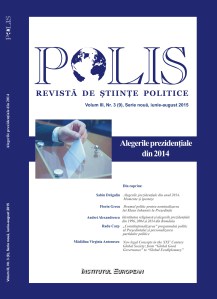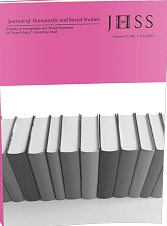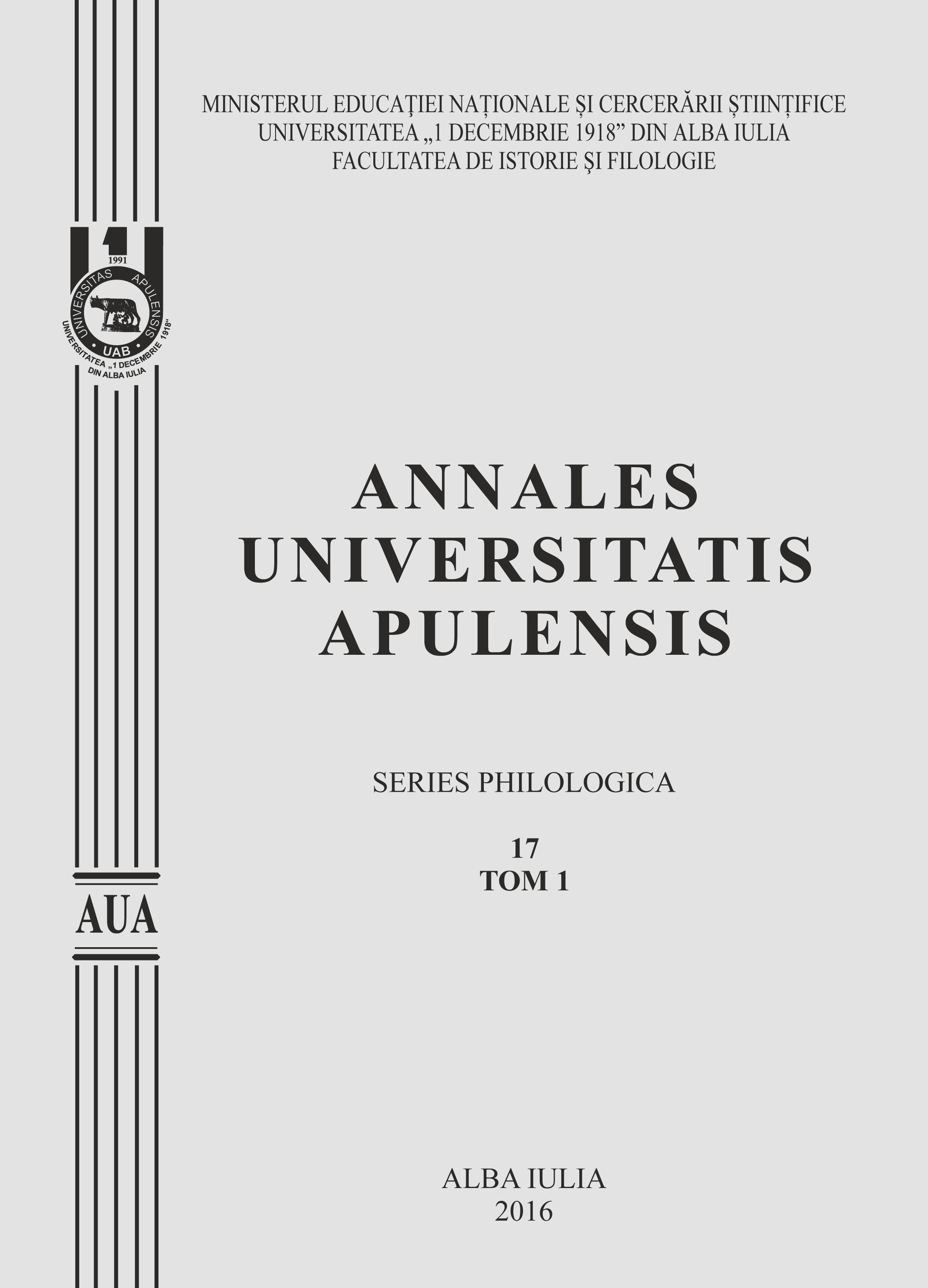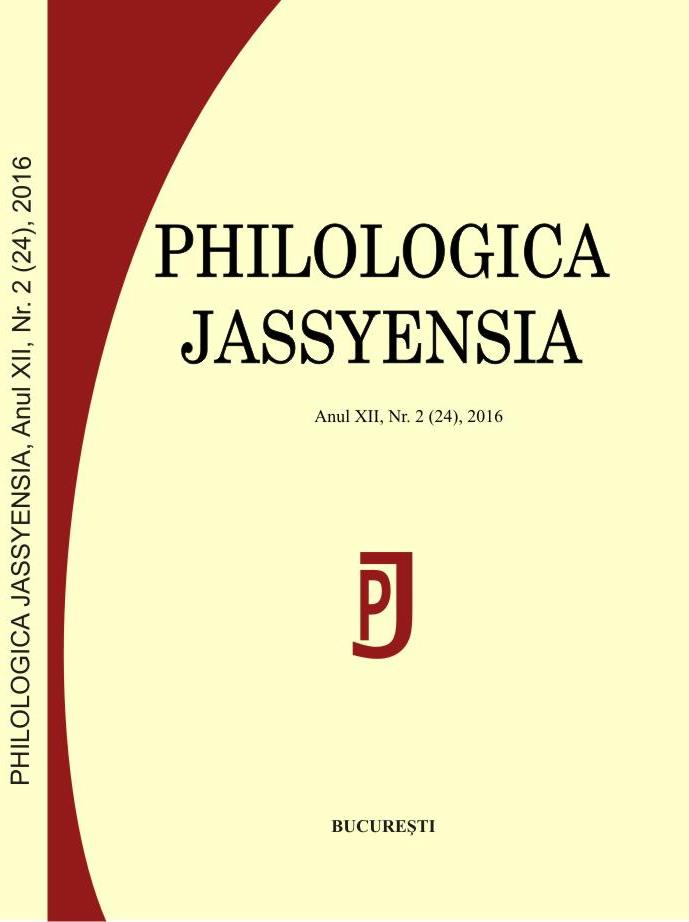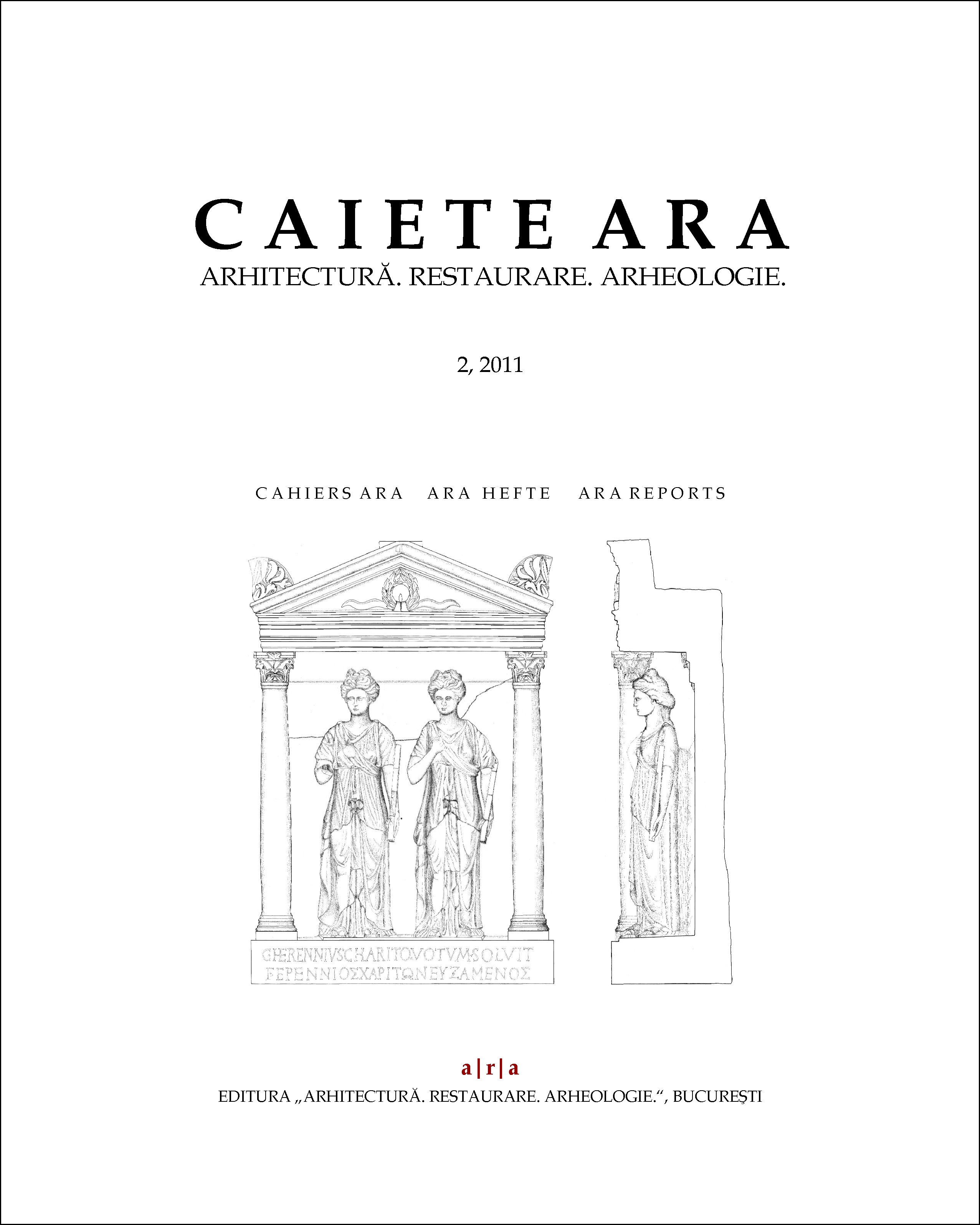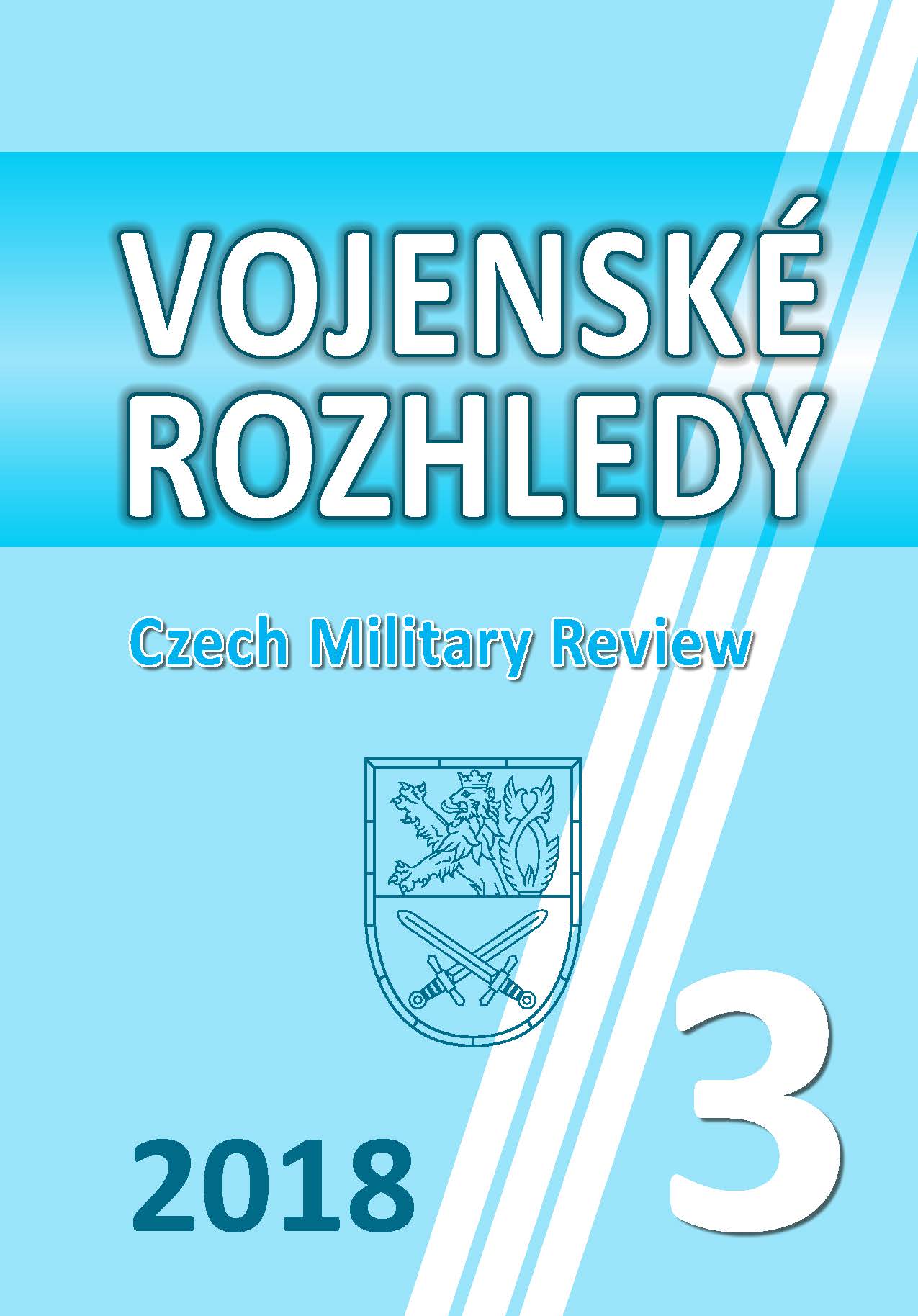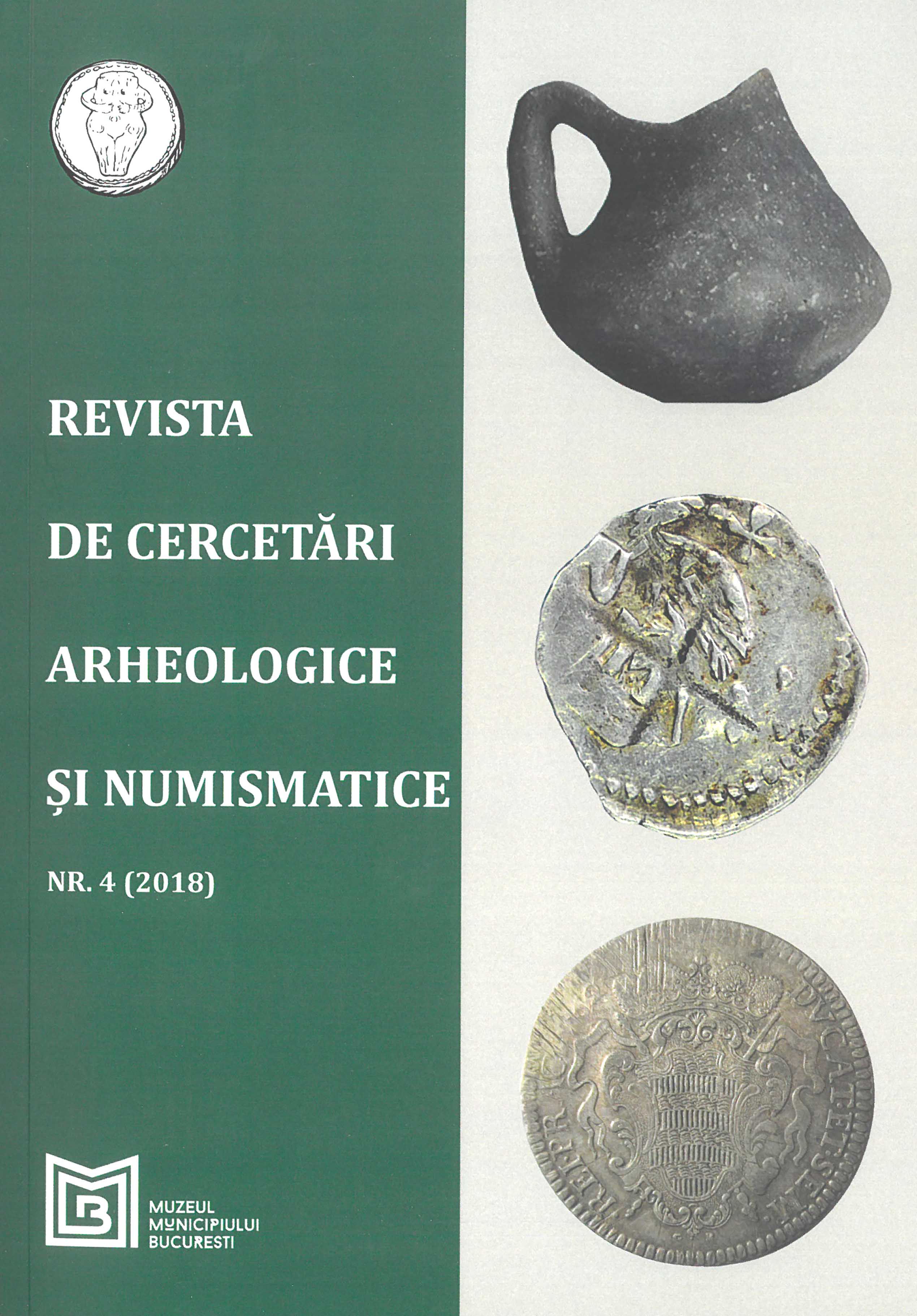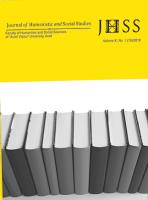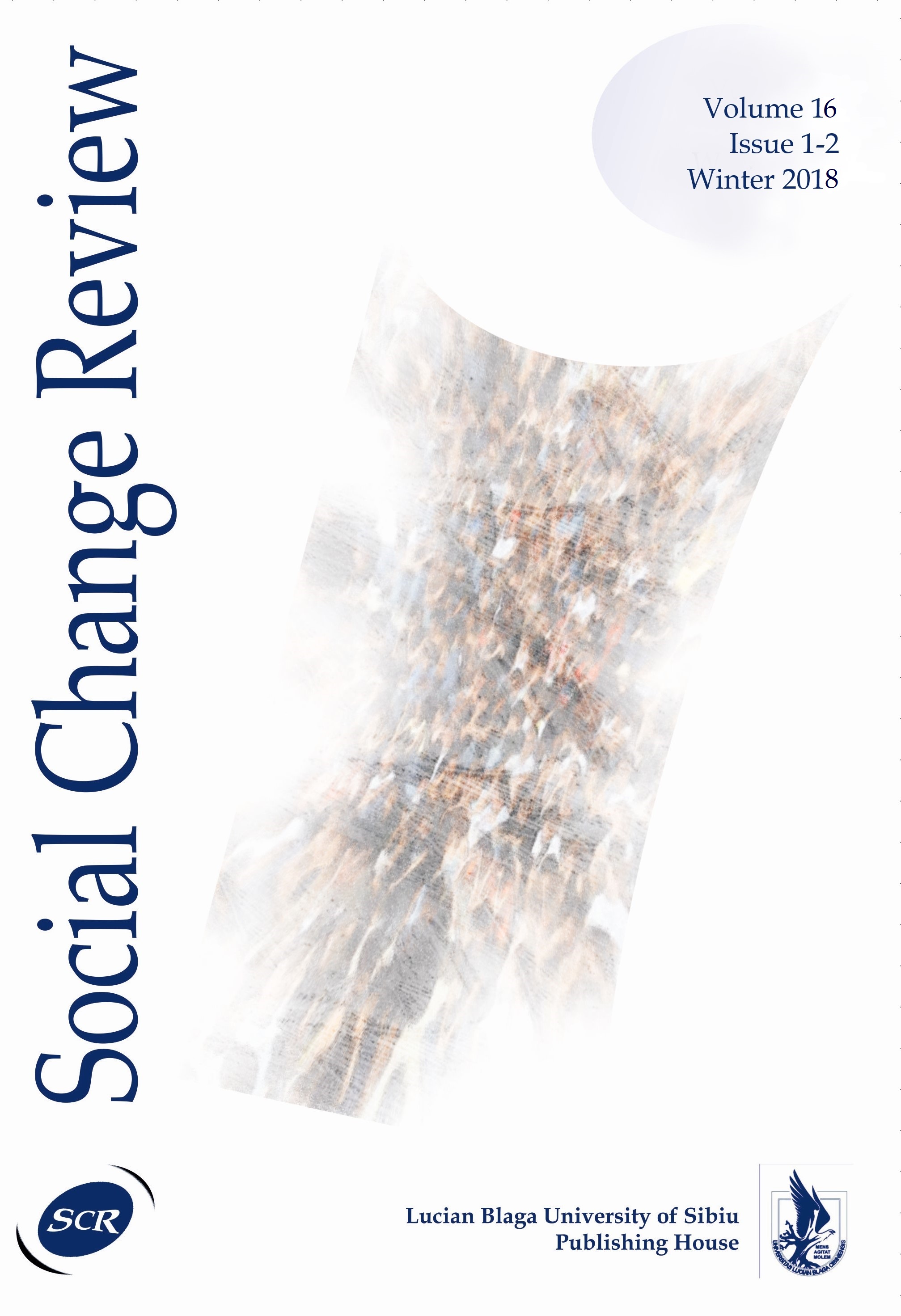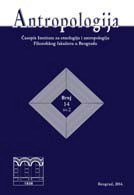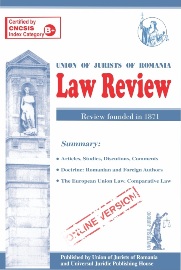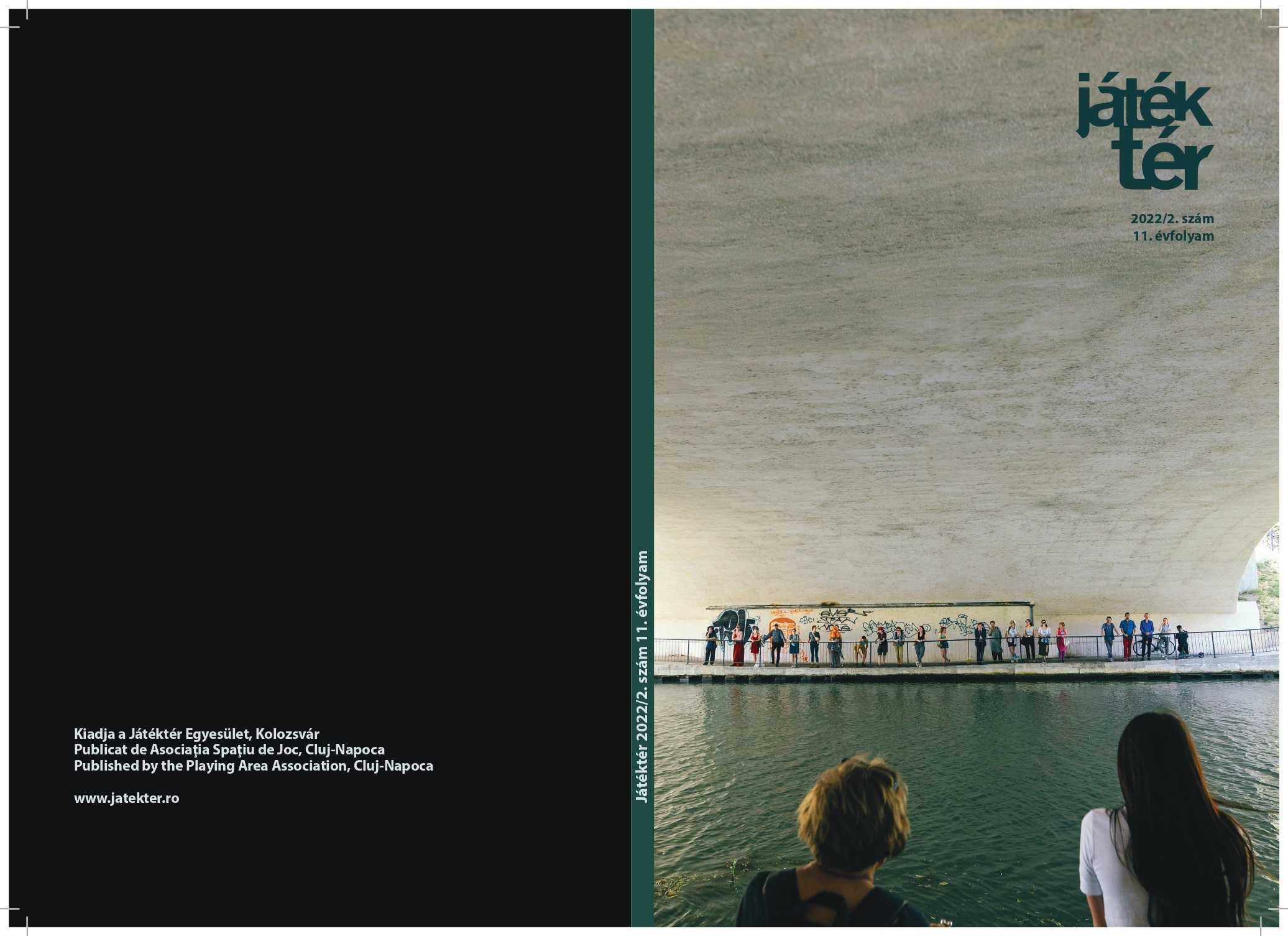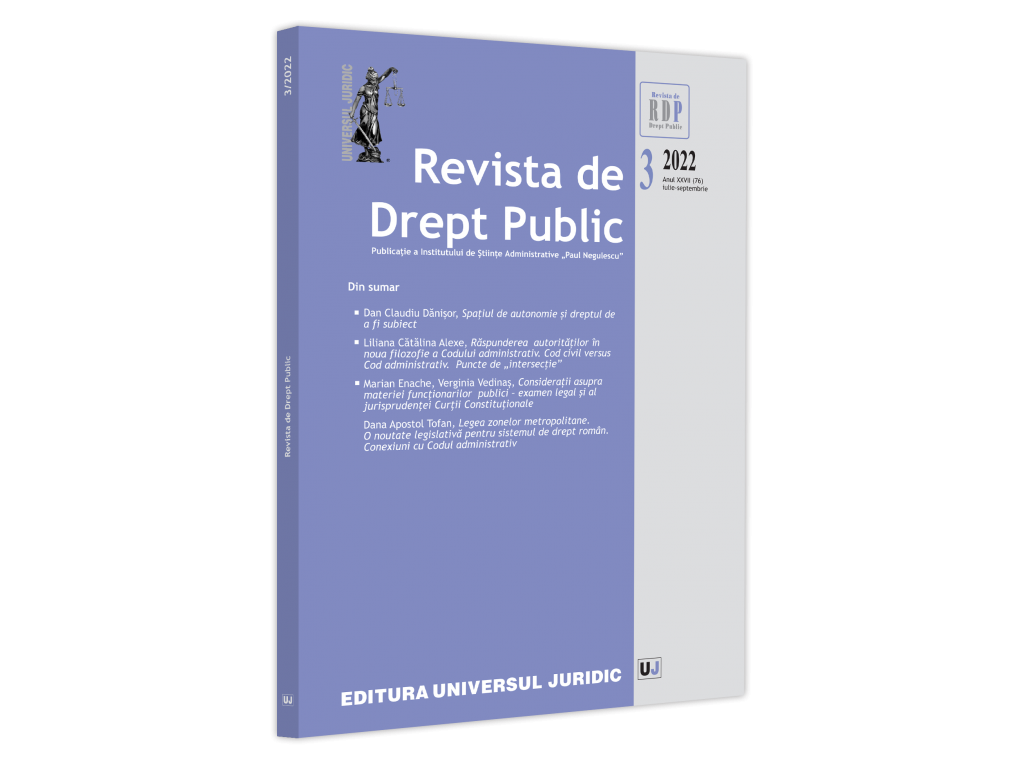Despre „dualismul eminescian”
Author(s): Adrian Dinu Rachieru / Language(s):
/ Issue: 11/2013
Keywords: the “Eminescu issue”; journalism / poetry dualism; parallel vocation; contextual reading; canonical centrality
Without exhausting the so-called Eminescu Issue, it is well known that its canonical centrality maintains an odd swing between the idolatrous treatment and a cyclic contestatory fever, thus, ensuring (by researching his masterpiece) a piously museal respect for the great poet and journalist, as well as a vivid and benefic-polemic interest. Set under the antithesis sign, Eminescu's personality unveils for some exegetes “the drama of the cleft self”, while other researchers identify a series of explicative invariants and emphasize unity itself – the inner coherence of a masterpiece. By regrettably ignoring the complementarity of poetry and journalism during the Eminescian creative labor, the disjunction of the two terms appeared “unexplainable” to E. Lovinescu, as journalism was considered to be an “error”. Other Eminescu researchers blamed his political prose, quite blocking its reissue and recommending that posterity should only stock the lyrical dowry, even if people rightly spoke about parallel vocations. However, it is true that, under the circumstance pressure, Eminescu – the journalist (always called on) has been amputated, annexed, deformed, manipulated, ideologically colored and so on, hindering his masterpiece from being contextually read. The poet (apathetic, seraphic, dreamy, non-adherent, etc.) has been considered incapable of investigating the socio-political realities of the epoch. Without belonging to a doctrinal party, still his publicistic hack work bears the seal of an incommodious, inflexible, non-transactional spirit, with critical energy, being passionately involved in the Romanian world cause. It probes journalism professionalization by rhetoric analysis and artistic value. Therefore, the idea of “breach” does not advocate itself, although some vehement voices devalue the great poet's political prose. Obviously, Eminescu must be holistically acknowledged against the sheen of his whole workmanship and within the thoroughness of his creative endeavor, manufactured under the nimbus of his giftedness (genius).
More...

